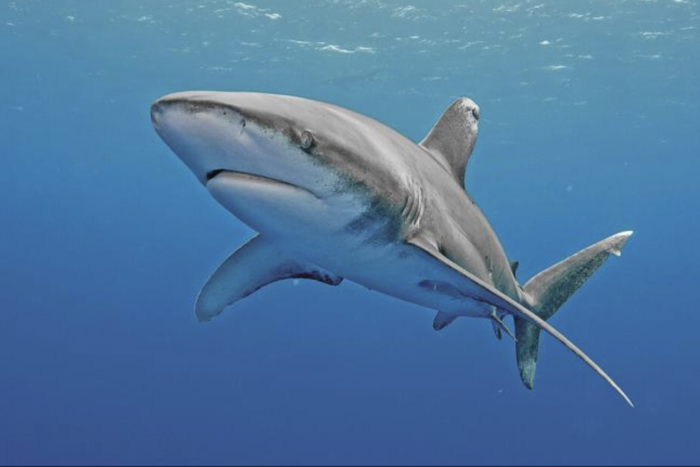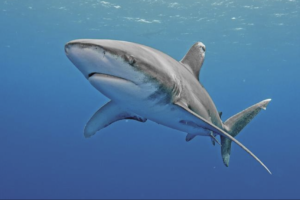Representatives of 183 countries will participate between November 14 and 25 in Panama in the 19th Conference of the Parties (COP) of the Convention on International Trade in Endangered Species of Wild Fauna and Flora (Cites).
More than 2,500 attendees from the 183 countries that have signed the Convention are expected, senior officials of the United Nations environmental agency, representatives of international organizations and NGOs focused on environmental issues, who will address a proposal to include threatened species around the world in the different appendices.
Appendices I, II and III of the Cites are lists of species that offer different levels and types.
Appendix I includes the species of fauna and flora on which the greatest degree of danger looms; the II are those that are not necessarily threatened with extinction but that could be, and the III covers those requested by a member who already regulates its trade and needs the cooperation of other countries to prevent unsustainable or illegal exploitation.
The treaty offers several degrees of protection and covers more than 3
economic), known as “parts”, which adhere voluntarily. Although it is legally binding on the members, it does not impersonate national legislation.
It has its origins in a meeting of the members of the International Union for the Conservation of Nature (IUCN), held in 1963. The text of the convention was agreed by 80 countries in the United States in March 1973, and entered into force on July 1, 1975.
PANAMA PROPOSES TO PROTECT 54 SPECIES OF SHARKSThe
participants in COP19 Cites will discuss 52 proposals from the States to amend Appendices I and II. Panama’s proposal has the greatest support prior to the meeting, according to an expert told EFE.
Panama has proposed to protect a total of 54 shark species around the world through its inclusion of Appendix II of the Cites as they are threatened by unsustainable, unregulated fishing and the world trade in fins and meat.
Proposal 37, authored by Panama, on sharks of the “Car
It is the proposal that has received the greatest amount of support prior to the COP,” the Science manager of the MarViva Foundation of Panama, Juan Manuel Posada, told EFE.
Posada explained that the proposal includes “sharks of the family Carcharinidae, which in this case are 19 specific plus all species that are included in 10 genera of that family.”
Because it is a proposal from Panama (…) we would say that it will be the protagonist of the event. (…) We are optimistic,” he added.
Marviva, a foundation linked to the Cites meeting, explained that the proposals that will be analyzed this year include two other initiatives focused on addressing the situation of sharks and sea rays, since more than 60% of their species face threats that endanger their survival.
In addition to 37, proposals 38 and 40 (which Panama supports) seek that the international marketing of
Cites does not prohibit commercial activity, but restricts it depending on the guarantee of the sustainability of resources,” Posada concluded.

